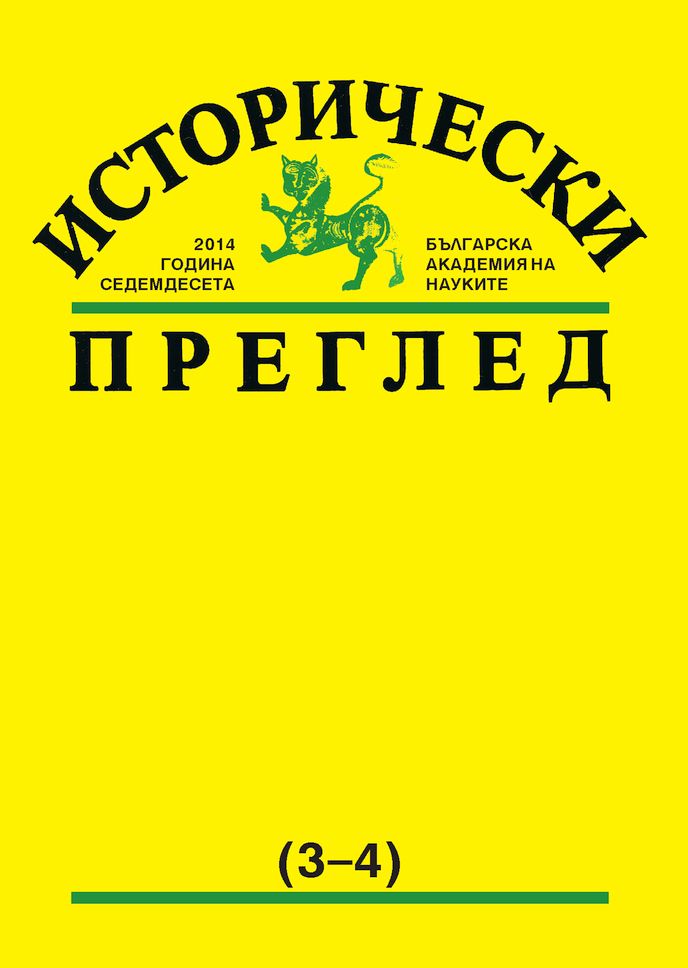Българската външна политика в Арабския изток от края на 40-те до началото на 70-те години на ХХ век
Bulgarian foreign policy in the Arab East from the late 1940s to the early 1970s
Author(s): Nadya FilipovaSubject(s): Diplomatic history, Economic history, Political history, WW II and following years (1940 - 1949), Post-War period (1950 - 1989), Cold-War History
Published by: Институт за исторически изследвания - Българска академия на науките
Keywords: Bulgarian-Arab relations; Cold-War; policy; economy; cooperation; trade;
Summary/Abstract: For the twenty year period after the Suez crisis of 1956, when Bulgaria made its “breakthrough” in the Arab world bilateral and multilateral Bulgarian-Arab political relations progressed, although accompanied by incessant crises. PRB built an image of defender of the Arab cause both in the confrontation with Israel, and regarding the determination of the Arab countries to break with the colonial heritage. However, the intervention of the Soviet bloc and the activity of Sofia aggravated Arab-Israeli conflict, which after 1967 entered a phase of stagnation and contributed to the depletion of radical nationalism and socialist ideologies in the Arab Middle East. Bulgaria supported the status quo to mitigate extremism in the foreign policy of its Arab partners and bind them in closer and diverse economic cooperation. The main objective pursued by Sofia - for expansion of Bulgarian export of industrial products and complete projects and building collaborative industrial production with imports of Arab raw materials - is realized mainly in the growing export of weapons bound in clearing exchange mainly in oil, cotton and phosphates. Bulgaria was a valued partner for industries and activities in which there were traditions. Bulgarians became known in the Arab world with their skills as builders and designers of construction activities as well as doctors and teachers, producers of fertilizers, agricultural machinery, machine tools, wheat, tobacco and cheese. Arab students chose Bulgaria because of the financial accessibility of education and maintenance and surmountable cultural barriers.
Journal: Исторически преглед
- Issue Year: 2014
- Issue No: 3-4
- Page Range: 101-118
- Page Count: 18
- Language: Bulgarian
- Content File-PDF

